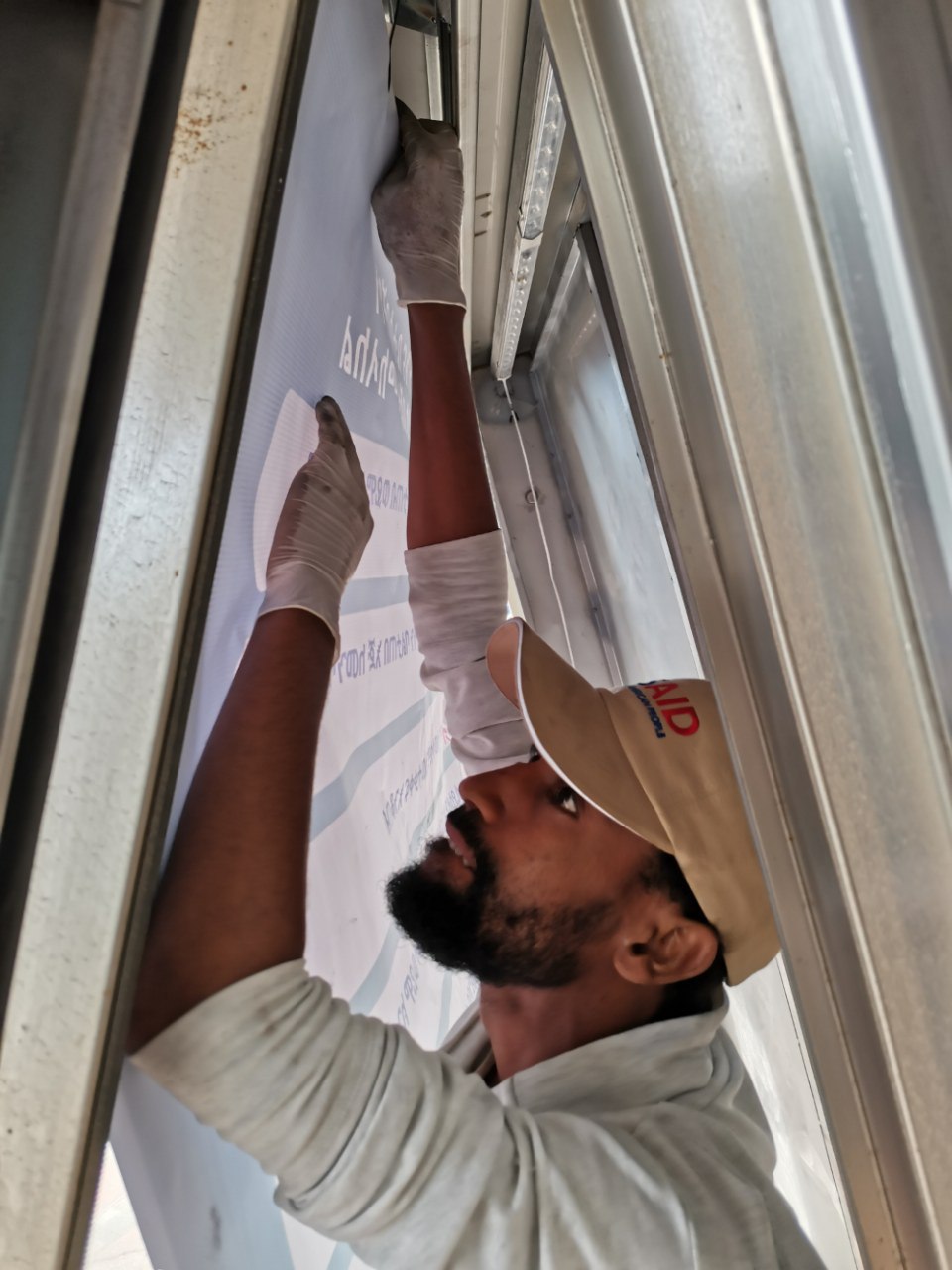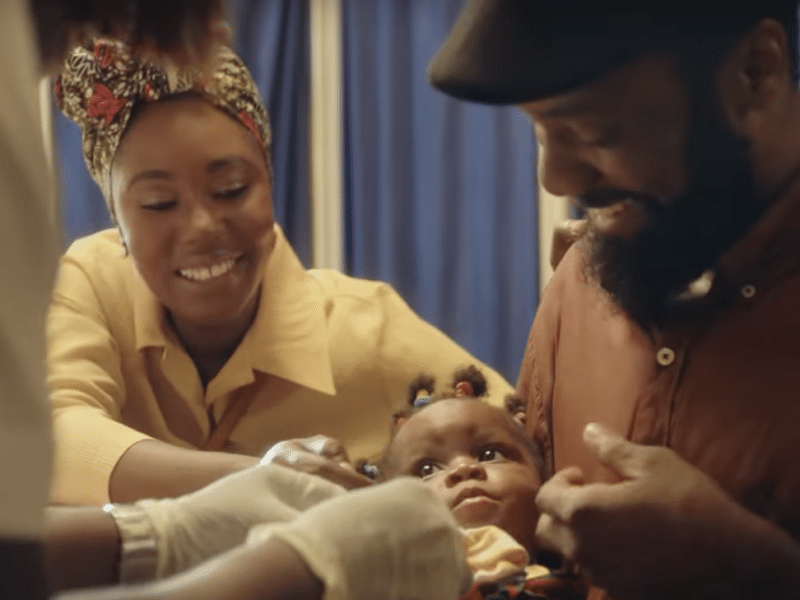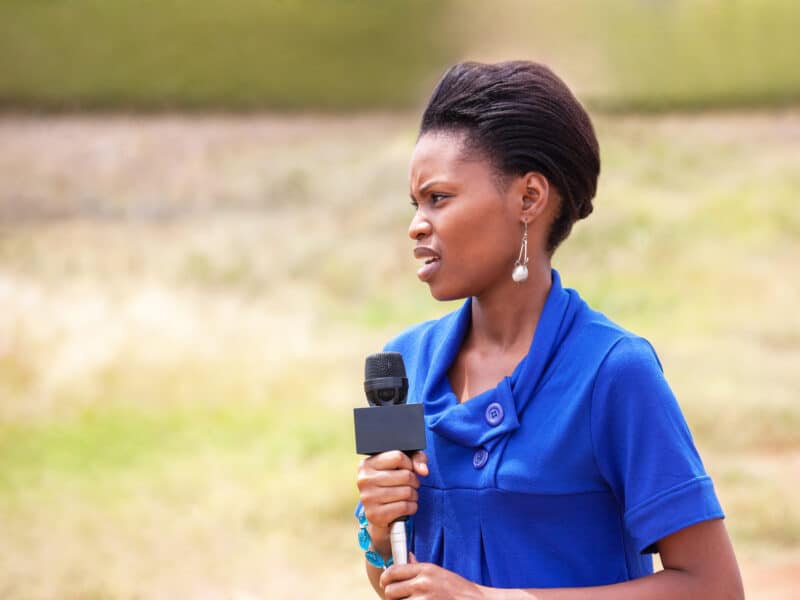USAID has awarded nearly $10 million to the Johns Hopkins Center for Communication Programs to help 18 countries respond to the COVID-19 pandemic through risk communication and community engagement activities. That’s an additional $6 million on top of the $4 million awarded to CCP in March.
CCP’s Breakthrough ACTION project is leading the efforts to help ensure that governments in Africa, Asia and Latin America share appropriate messages with the public – and reduce the spread of rumors and misinformation – in order to prevent transmission of the virus. There have been more than 4.2 million confirmed cases of COVID-19 since the new coronavirus was identified in December, with more than 290,000 confirmed deaths around the world.
While researchers learn more all the time about COVID-19, there remains no vaccine for it. In the meantime, the best way to avoid complications from the virus are to prevent it through proper and regular handwashing with soap, staying six feet away from others and wearing masks or other face coverings outside the home.
“Risk communication involves both helping people to appreciate their level of risk and balancing it with their ability to take the actions required to protect themselves from that risk,” says CCP’s Elizabeth Serlemitsos, director of the Breakthrough ACTION project. “At the same time, the most effective messages need to come from trusted sources and be consistent across all channels, from mass media down to the family level.”
CCP has experience in risk communication and community engagement around emerging diseases having done similar work in West Africa during the Ebola outbreak several years ago and in Latin America and the Caribbean during the more recent Zika outbreak.
Previously, it was announced that CCP would lead work in Bangladesh, Ethiopia, South Africa, Indonesia, the Philippines and Nigeria, while Save the Children, a partner on the Breakthrough ACTION work, would the work in Cambodia, Vietnam and Burma where it already has projects.
The new countries include Burkina Faso, Côte d’Ivoire, Eswatini, Mali, Mozambique, Cameroon, Senegal, Guatemala and one other African nation.
Alice Payne Merritt, CCP’s deputy director, says it’s critical for all stakeholders to coordinate closely in developing messages to prevent and mitigate the spread of COVID-19. Each country is creating individual messages and calls to action based on the situation on the ground, which is specific to them.
To help countries develop those policies and messages, Breakthrough ACTION has pulled together a synthesis of COVID-19 guidance coming from the World Health Organization, U.S. Centers for Disease Control and Prevention and other trusted sources. This document helps national governments to prioritize the behavioral messaging and helps to ensure that the messages are consistent across all sources.
“The public landscape can be noisy so it’s paramount that everyone is speaking from the same page,” she says. “Our role is to help with behavior change communication and harmonize those messages.”





